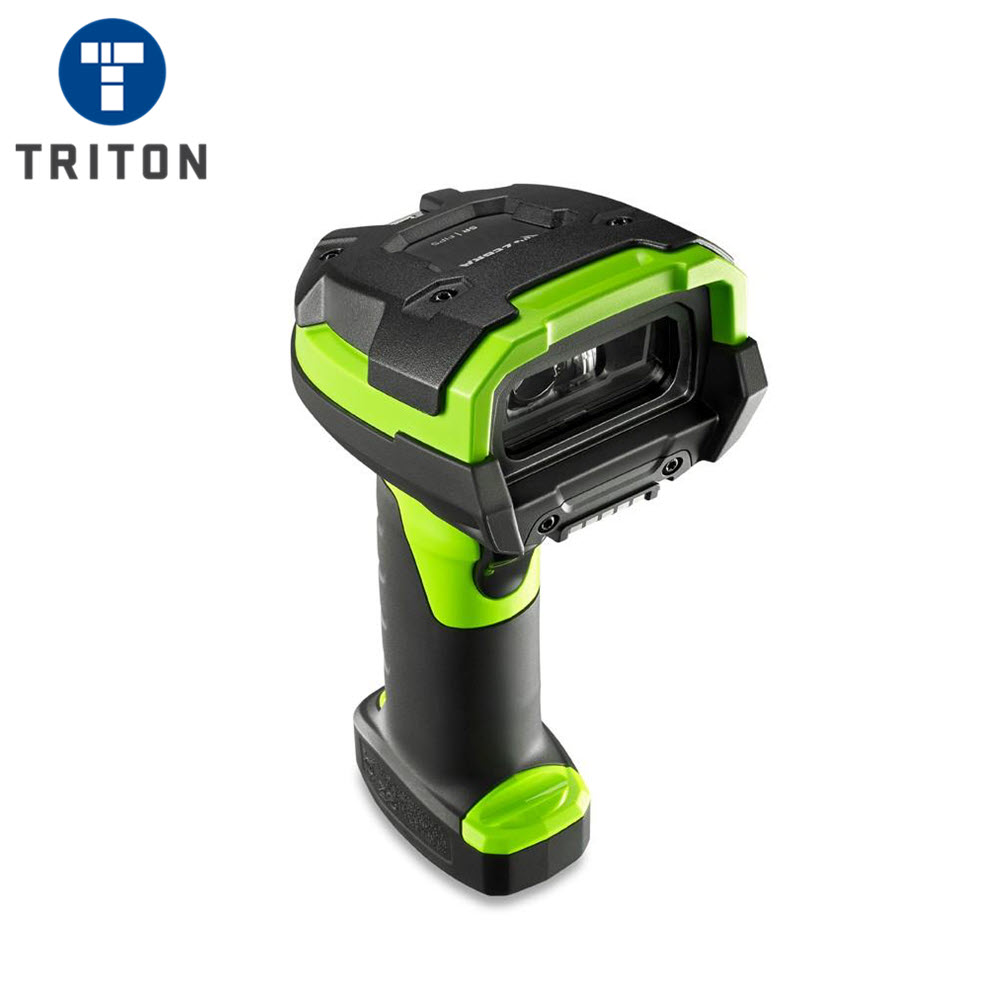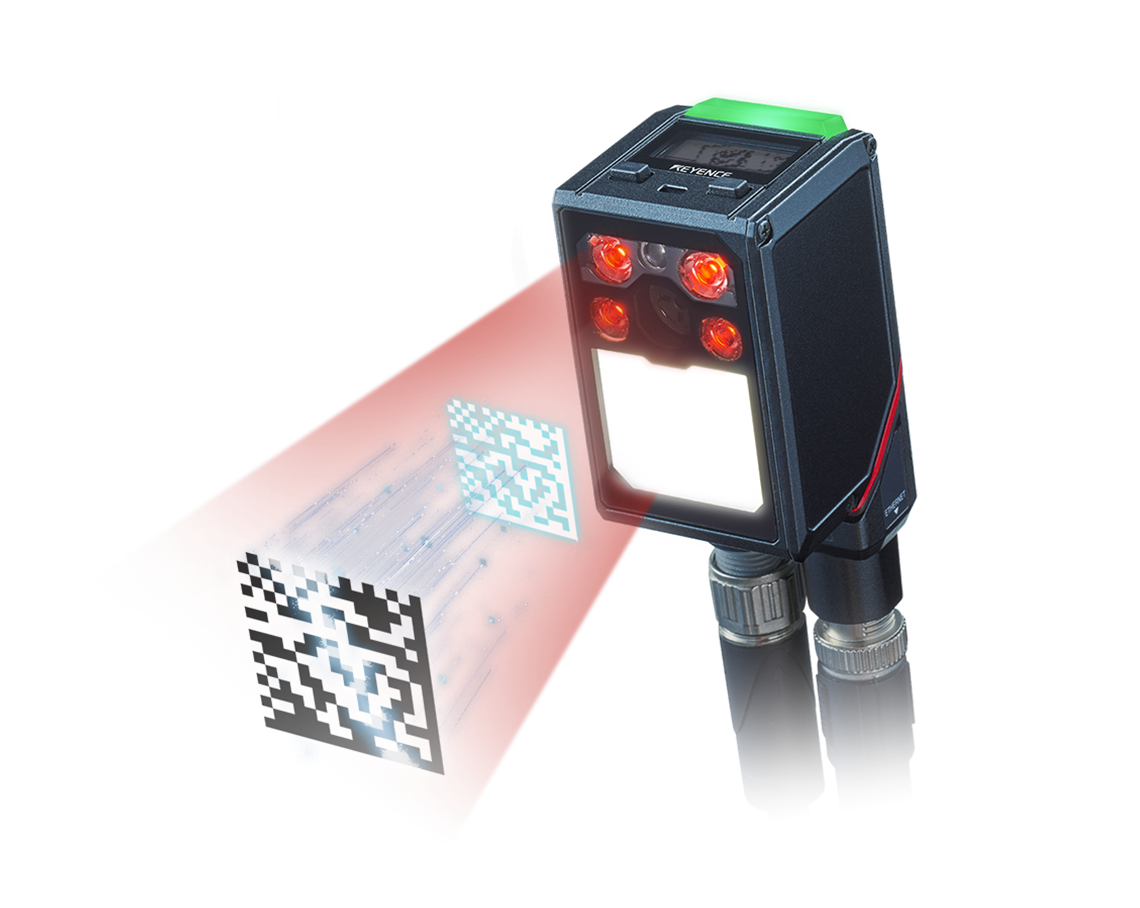Why Barcode Scanners Are Crucial for Modern Retail and Warehousing
In the rapidly developing landscape of retail and warehousing, the integration of barcode scanners has come to be a pivotal component in enhancing procedures and enhancing accuracy. By automating information access processes, these tools not just reduce human error yet also considerably boost inventory management and checkout performance. As organizations pursue affordable benefit, understanding the multifaceted benefits of barcode innovation discloses its vital function in maximizing source appropriation and fostering robust provider relationships. The effects of these improvements elevate even more questions concerning the future trajectory of barcode modern technology and its effect on market standards.
Advantages of Barcode Scanners
Barcode scanners provide many advantages that considerably improve functional effectiveness in retail and warehousing settings. The automation of information entry processes removes the mistakes generally linked with hands-on input, leading to boosted precision in inventory monitoring and sales deals. With the ability to promptly scan products, organizations can expedite check out times, enhancing the consumer experience and decreasing delay times.
Moreover, barcode scanners facilitate real-time information collection, allowing for prompt updates to inventory degrees and sales documents. This capability enables organizations to respond without delay to modifications in demand and optimize stock degrees, decreasing excess supply and minimizing stockouts. Furthermore, the assimilation of barcode scanners with inventory monitoring systems streamlines processes such as order fulfillment and product returns, better boosting operational performance.
Price financial savings are another critical advantage. By decreasing labor prices connected with hands-on supply administration and reducing errors that can bring about financial losses, barcode scanners contribute to overall success. In addition, their ease of use and mobility make them obtainable for personnel training, making certain that staff members can quickly end up being efficient in their operation. Generally, the implementation of barcode scanners is a strategic financial investment that yields considerable returns in performance and operational excellence.
Enhancing Stock Management
Effective supply administration is crucial for keeping functional efficiency in retail and warehousing settings. Barcode scanners play a crucial duty in this procedure by simplifying the tracking of inventory degrees, product locations, and supply activities. By automating data capture, these devices decrease human error, bring about even more accurate stock documents.
Using barcode scanners enables real-time exposure into supply amounts, enabling organizations to make informed decisions pertaining to reordering and supply turning. This immediacy assists prevent overstocking or stockouts, both of which can adversely influence consumer fulfillment and revenue margins.
In addition, barcode scanning promotes efficient stock audits. With fast scanning capacities, personnel can perform stock checks swiftly, making certain that inconsistencies are identified and remedied without delay. Boosted stock accuracy not only sustains functional efficiency yet likewise enhances partnerships with vendors, as exact data can lead to far better settlement terms and boosted order fulfillment.

Improving Checkout Effectiveness
As customers significantly require quicker and extra reliable purchasing experiences, enhancing checkout processes has become a top priority for retailers. Executing barcode scanners plays an essential function in this venture, substantially enhancing the transaction process. By allowing cashiers to check things swiftly, barcode modern technology minimizes the time invested on each sale, therefore reducing total wait times for customers.
In addition, barcode scanners help with look at here now the precise recognition of items, minimizing the capacity for mispricing and making certain that consumers are billed properly. This effectiveness not only improves customer contentment but likewise boosts the store's functional efficiency. With the capacity to process multiple things in fast succession, stores can take care of high quantities of purchases during peak buying hours without sacrificing service top quality.
Additionally, incorporating barcode scanners with point-of-sale systems allows real-time supply updates, giving valuable understandings into supply levels. This immediacy allows sellers to manage inventory better, guaranteeing that popular things stay in supply and minimizing the possibility of lost sales. Overall, the fostering of barcode scanning innovation is essential for enhancing checkout look what i found efficiency, ultimately resulting in boosted consumer experiences and raised sales for stores.
Minimizing Human Mistake
In retail and warehousing settings, the execution of scanning innovation dramatically reduces human error during purchases. Conventional hand-operated access of item info is susceptible to blunders, including incorrect prices, misidentified items, and data entrance mistakes. barcodes scanners. Barcode scanners simplify this procedure by automating the capture of product information, making sure accuracy and uniformity
By using barcode scanners, staff members can quickly check items instead than manually inputting information. Barcode scanning minimizes these threats by improving the accuracy of inventory matters and sales records.
Additionally, barcode scanners improve responsibility within the labor force. In general, the fostering of barcode modern technology is a crucial action toward attaining operational quality in retail and warehousing settings.
Future Patterns in Barcode Technology
The advancement of barcode technology is poised to transform retail and warehousing a knockout post operations in the coming years, driven by improvements in automation, data analytics, and mobile integration. As industries significantly adopt Web of Points (IoT) systems, barcode scanning will certainly come to be integral to real-time supply monitoring and supply chain optimization. Boosted information analytics capacities will certainly enable businesses to harness checked information for anticipating analytics, boosting need projecting and stock turnover.

Additionally, the integration of fabricated intelligence with barcode modern technology assures to simplify procedures through smart acknowledgment and error detection. As machine knowing algorithms assess scanned data, they can give insights that assist avoid stockouts and overstock scenarios.

Verdict
Finally, barcode scanners play an essential duty in modern-day retail and warehousing by boosting supply management, boosting check out efficiency, and considerably reducing human mistake. The combination of barcode technology not just enhances operations however also fosters much better vendor connections and optimizes resource appropriation. As modern technology proceeds to develop, the future of barcode scanning promises further innovations that will certainly drive operational effectiveness and earnings in progressively competitive markets.